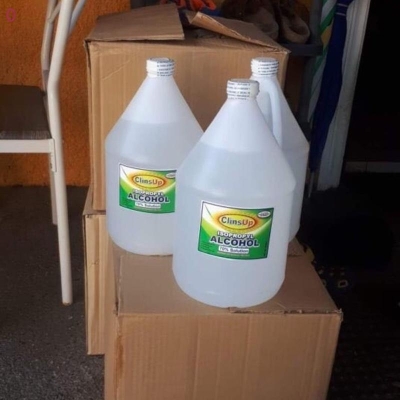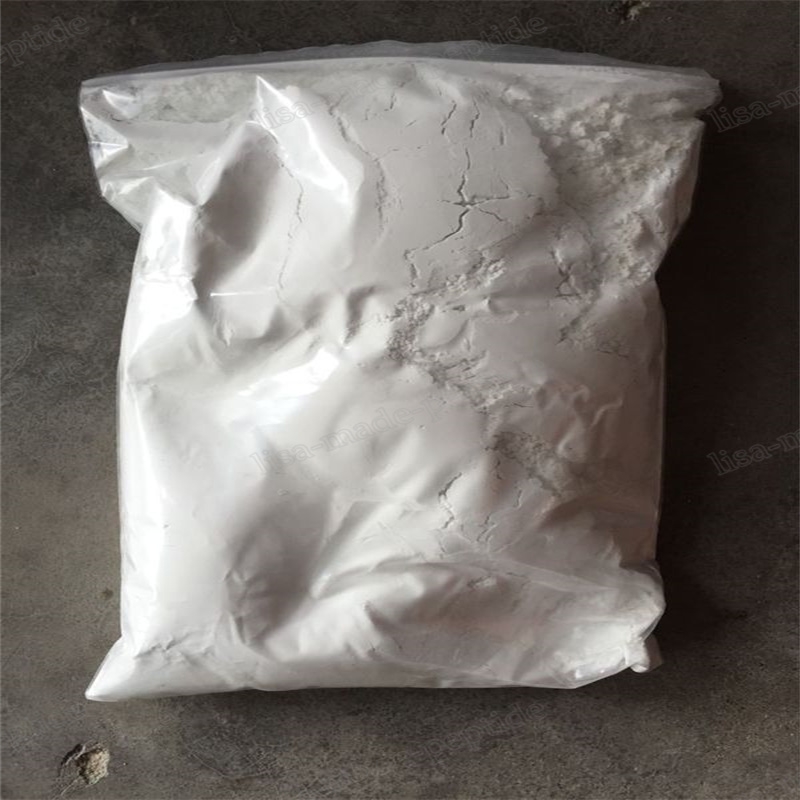-
Categories
-
Pharmaceutical Intermediates
-
Active Pharmaceutical Ingredients
-
Food Additives
- Industrial Coatings
- Agrochemicals
- Dyes and Pigments
- Surfactant
- Flavors and Fragrances
- Chemical Reagents
- Catalyst and Auxiliary
- Natural Products
- Inorganic Chemistry
-
Organic Chemistry
-
Biochemical Engineering
- Analytical Chemistry
-
Cosmetic Ingredient
- Water Treatment Chemical
-
Pharmaceutical Intermediates
Promotion
ECHEMI Mall
Wholesale
Weekly Price
Exhibition
News
-
Trade Service
Recently, K 2022 concluded in Düsseldorf, and plastic recycling has become the primary topic of
this exhibition.
Several industry bodies and multinational executives say collaboration between chemicals and plastics value chains will be critical
to the success of plastic recycling cycles.
In Europe, the use of recycled plastics for the manufacture of new products is growing
rapidly.
According to the latest report of the European Plastics Industry Association, in 2021, non-fossil raw materials accounted for 12.
4% of Europe's total plastic production, and post-consumer recycled plastics accounted for 10.
1%, an increase of 20% from 2020; Bio-based plastics account for 2.
3%
of total plastic production.
The EU aims to make plastic products non-fossil raw materials account for 20%
of plastic products by 2030.
Globally, the European Plastics Industry Association estimates that 9.
8% of plastics produced globally in 2021 were recycled, slightly lower than in Europe
.
In terms of enterprises, many companies announced or introduced plastic recycling projects
at the K exhibition.
Roberto Simmons, CEO of Brasco, said the petrochemical and plastics industries are undergoing a profound transformation
as they strive to meet the requirements of circularity and sustainability.
Simons said: "Without being involved in the plastics recycling business, it is clearly impossible to achieve the sustainability and climate goals
of the petrochemical industry.
To this end, Brasco has launched a business that includes the collection and recycling of
plastic waste.
Today, through acquisitions and joint ventures, the company owns three polyethylene (PE) machinery recycling plants, two in Brazil and one in the Netherlands
.
Blasco has also been involved in a series of plastic chemical recycling projects, such as holding a stake in chemical recycling company Nexus Circular and building a factory
near Chicago, Illinois.
At the Chicago facility, Blasco will have exclusive access to pyrolysis oil produced by Nexus Circular to produce polypropylene (PP) pellets
.
Sami Osami, acting executive vice president of SABIC's petrochemicals business, said SABIC's joint venture with Plastics Energy is building a plastics chemical recycling demonstration plant in Heron, the Netherlands, to produce pyrolysis oil
from waste polymers.
The plant is expected to achieve mechanical completion in the first quarter of 2023 and commercial operations
in the second quarter.
Osami said that if the plastic energy technology is validated in processes such as pyrolysis and hydrotreatment in Heron, SABIC will develop commercial-scale plants
at its global production sites.
Borealis announced at K that it plans to build a commercial-scale plastics machinery recycling plant
in Schwechat, Austria.
Borealis CEO Thomas Gangl said the plant is designed to have a production capacity of more than 60,000 tons/year and is scheduled to be operational
by 2025.
Borealis expects to make a final investment decision
in the second half of 2023.
In terms of industry sources, Virginia Janssen, president of the European Plastics Industry Association, said that to achieve the EU's 2030 plastic recycling target, it is necessary to strengthen cooperation along the value chain and strengthen cooperation
with policymakers.
Janssen said a supportive policy framework for the recycling plastics industry across Europe could play a leading role
in the transition to net zero emissions and circularity.
In addition, the European Plastics Industry Association believes that chemical recycling, as a complementary tool to mechanical recycling, is key to
increasing recycling rates and sustainability.







